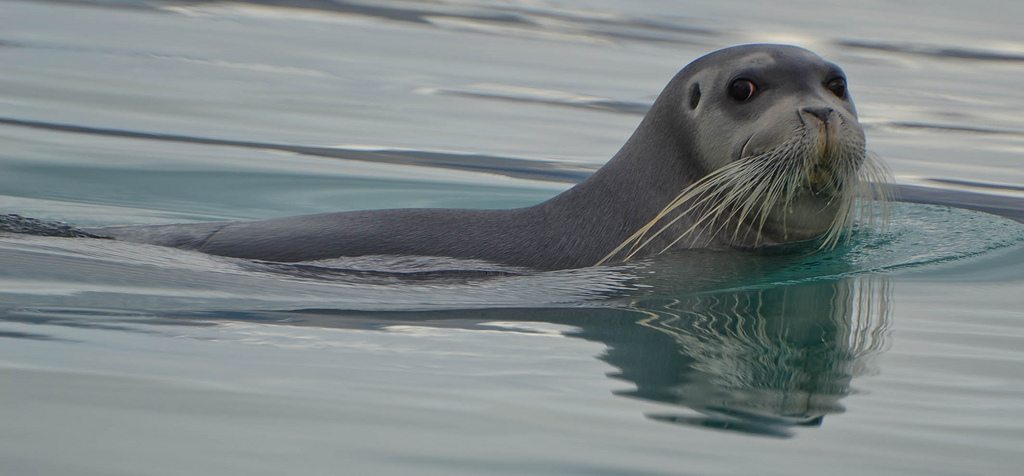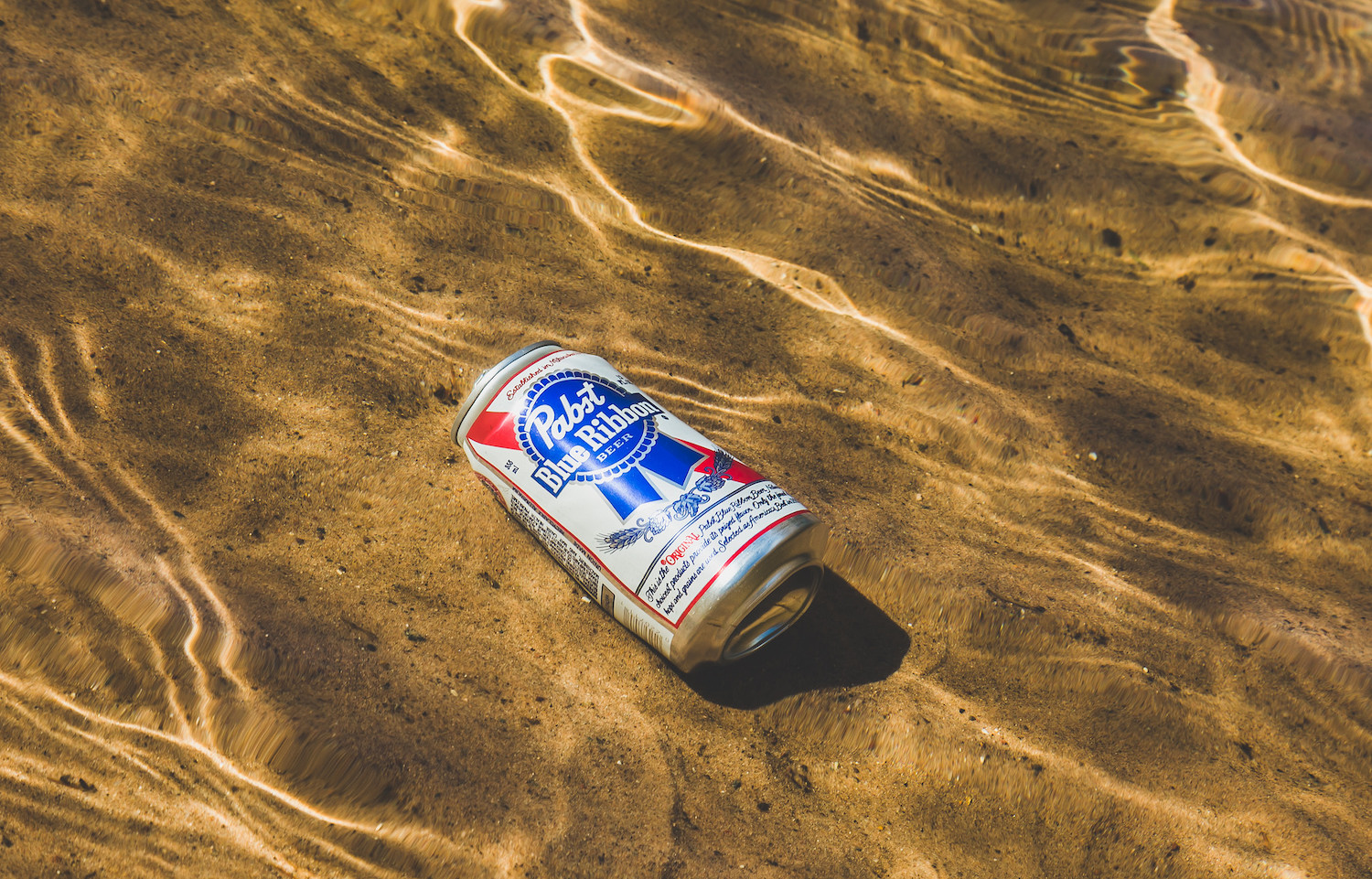Seal of approval. On Monday, the federal Ninth Circuit Court of Appeals ruled that climate change can be used as a rationale to protect species under the Endangered Species Act (ESA)—even if those species are relatively abundant now, and even if populations won’t be reduced for decades.
At the center of the dispute was the bearded seal, whose preferred habitat—semi-solid ice floes in the Arctic Ocean and Bering Sea—is disappearing (melting, actually). When the National Marine Fisheries Service (NMFS) gave several bearded seal subspecies ESA status, citing the fact that their native shallow-sea ices will largely have disappeared by the year 2095, the Alaska Oil and Gas Association and others sued, arguing that the timeline was unreasonable, and the predicted effects too speculative. Initially, the court agreed, in a 2014 decision that characterized NMFS’s designation as “arbitrary, capricious and an abuse of discretion.” Monday’s appeals court ruling reverses that decision.
In his opinion, Judge Richard A. Paez argues that NMFS’s designation was sound, but also noted the case is about much more than the fate of the bearded seal. “Although Plaintiffs frame their arguments as challenging long-term climate projections, they seek to undermine NMFS’s use of climate change projections as the basis for ESA listings,” he wrote.
The ruling—unless it is challenged and taken up by the Supreme Court—will create a new layer of regulation that makes arctic drilling more expensive and time-consuming, since the bearded seal’s habitat will become federally protected. And it provides a legal basis for other pre-emptive ESA designations, with major implications. But it’s worth noting that the ruling is about more than the collision between nature and commerce. An Inuit tribe was also a plaintiff, and questions loom about whether the ruling will affect those who rely on seals for food. In a comment on ADN.com, one reader already reported being affected. The seals and walrus, he wrote, “are already struggling, and those of us who hunt them for food are beginning to struggle, too. RIGHT NOW.”










